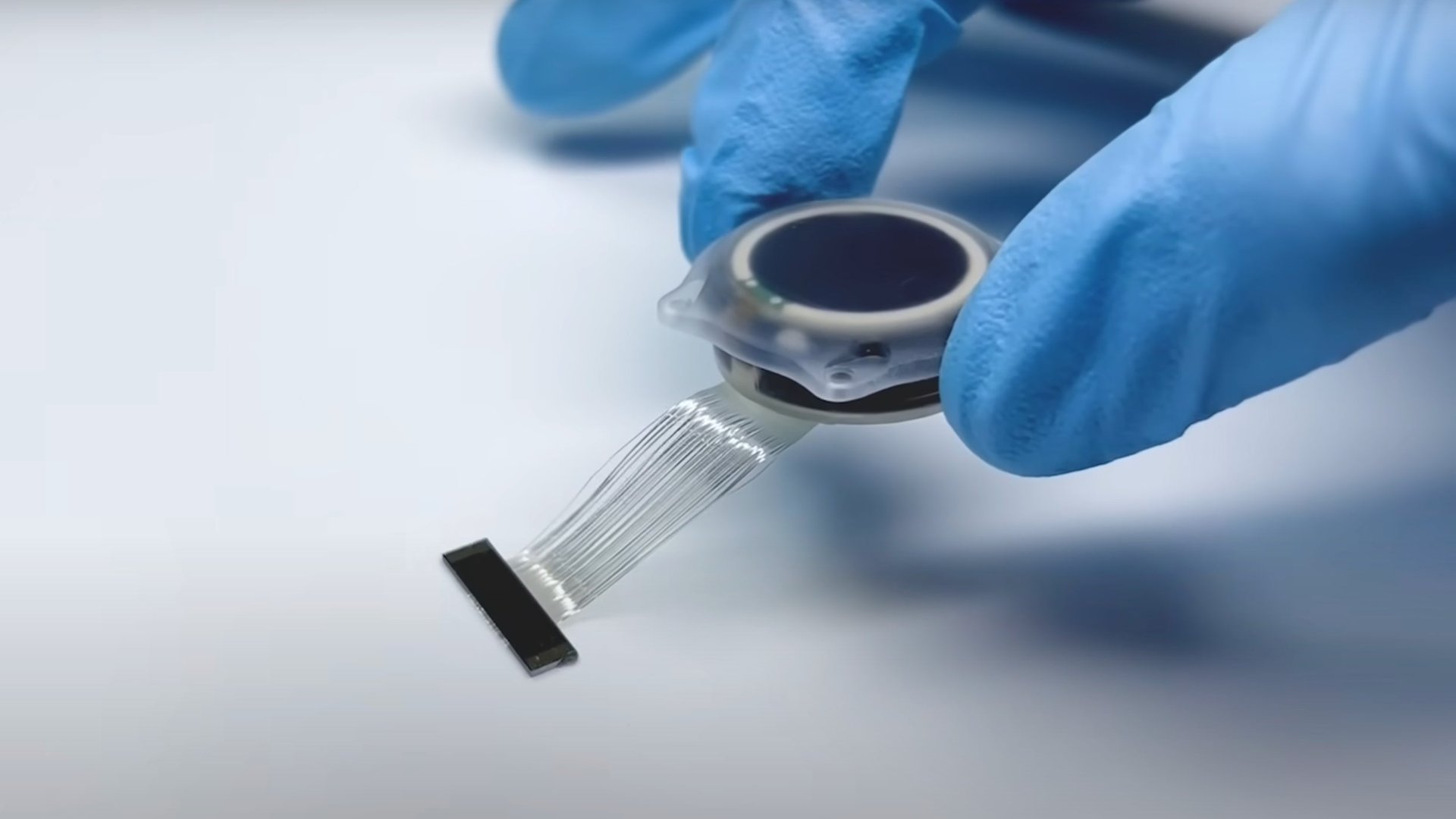Elon Musk's Neuralink is under new scrutiny from the FDA
Animal experiments by the brain chip company had quality issues, the agency said

Just a month after the first human received a brain chip implant from Elon Musk’s Neuralink, reports have surfaced that there were problems with the animal experiments that got the brain-computer interface implant approved in the first place.
Suggested Reading
U.S. Food and Drug Administration (FDA) inspectors reported quality control problems at Neuralink’s California animal research facility, according to agency records shown to Reuters by Redica Systems. The Neuralink lab is missing key records from its studies, which Redica told Reuters “show[s] a lack of attention to detail.”
Neuralink did not immediately respond to a request for comment Thursday afternoon.
Musk debuted Neuralink in 2017, and it’s meant to help treat patients with neurological diseases such as Parkinson’s and epilepsy.
News of the FDA inspection comes as Neuralink is already receiving criticism from the medical community about its lack of transparency.
“When the person paying for a human experiment with a huge financial stake in the outcome is the sole source of information [aka Elon Musk], basic ethical standards have not been met,” Arthur Caplan and Jonathan D. Moreno wrote in an essay for The Hastings Center, a bioethics research nonprofit.
Reports of problems with Neurlink’s testing aren’t new. About a dozen monkeys died gruesome deaths after receiving Neuralink implants during test trials, a Wired investigation found. And Musk allegedly lied about it.
Neuralink was also investigated by the U.S. Department of Agriculture after staffers complained that the animal testing was being rushed.
The USDA found no violations, and the FDA told Reuters that Neuralink “provided sufficient information” to support its approval last May.
More on Neuralink
Elon Musk says Neuralink’s first human patient can move a computer mouse with their mind